Guest Columns
Exceptional statesmanship
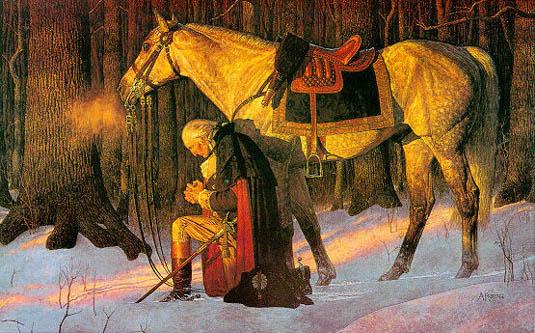
The anti-intellectual character of the almost two dozen candidates that competed in the 2016 Presidential Election prompts me to re-issue an article of mine on the statesmanship of George Washington, Alexander Hamilton, and James Madison, the men who institutionalized the basic ideas of the political structure and dynamics of American Exceptionalism.
Out of many, one
To coordinate the welter of interests and opinions displayed in a free society like America is a task confronting any President of the United States. For George Washington the task was infinitely greater, which is why the theme of his famous “Farewell Address” is national unity. Indeed, a people can hardly enjoy national unity unless its citizens tacitly acknowledge commonly shared values of paramount significance, values rendered more or less immune from questioning by being embodied in well-established traditions. But America was born in revolution, a revolution unique in recorded history. America’s Founding Fathers undertook the unprecedented task of constructing a government based primarily on rational as opposed to customary foundations.
The Federalist
Hamilton was not exaggerating when he wrote in Federalist 1:
It has been frequently remarked that it seems to have been reserved to the people of this country, by their conduct and example, to decide the important question, whether societies of men are really capable or not of establishing good government from reflection and choice, or whether they are forever destined to depend for their political constitutions on accident and force.
Ponder Madison in Federalist 14:
But why is the experiment of an extended [i.e. continental] republic to be rejected, merely because it may comprise what is new? Is it not the glory of the people of America, that, whilst they have paid a decent regard to the opinions of former times, and other nations, they have not suffered a blind veneration for antiquity, for custom, or for names, to overrule their own good sense, the knowledge of their own situation, and the lessons of their own experience? … Happily for America, happily, we trust, for the whole human race, they [the leaders of this country] … accomplished a revolution which has no parallel in the annals of human society. They reared the fabrics of governments which have no model on the face of the globe.
These statements of Hamilton and Madison yield perhaps the clearest and most radical affirmations of American Exceptionalism.
A problematic revolution
The revolution of which Hamilton and Madison speak bore profound problems. When Washington assumed office, his authority was circumscribed by a newly written Constitution. Unlike the founders of regimes in antiquity, the authors of that Constitution could not claim Divine sanction, and what some men could make, other men could unmake.
Thirteen sovereign States
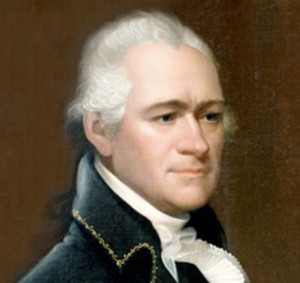
Alexander Hamilton. Portrait: Ezra Ames
Also, the Constitution placed under a single and supreme authority thirteen hitherto sovereign and rival States. The strongest opposition to ratification of the Constitution came from state office-holders whose power and prestige would be significantly diminished by the establishment of a national government. As Hamilton remarks in Federalist 1: “Among the most formidable obstacles which the new Constitution will have to encounter may readily be distinguished the obvious interest of a certain class of men in every State to resist all changes which may hazard a diminution of the power, emolument, and consequence of the offices they hold under the State establishments.” The governors of the States would no longer be oaks but shrubs. Ratification would not put an end to this divisiveness.
Meanwhile, many citizens of each State retained their local loyalties and thought of themselves more as “Virginians,” for example, than as “Americans.” Furthermore, when one considers the enormous problems of organizing and staffing a new government and its various departments , of formulating a variety of programs concerning domestic and foreign affairs, of responding to a welter of conflicting needs and wants from the diverse parts of the country—inevitably disappointing the hopes and expectations of some, arousing the hostility of others – then all these factors are taken into consideration, it can be said that no other American President, perhaps not even Lincoln, had so crushing a burden as Washington’s: the burden of creating, as it were, a national character, of endowing a diverse people with a sense of national unity and purpose.
Exceptional statesmanship
Perhaps no one today can fully appreciate the magnitude of the task confronting Washington and the founders of the first continental republic. The wisdom, the fortitude, the magnanimity required to rule, let alone to establish such a republic probably surpasses that required of any other regime. As Jefferson said of Washington, “Be assured, his influence carried this government.” More than a century later, President Calvin Coolidge declared that Washington was “the directing spirit without which there would have been no independence, no Union, no Constitution, and no Republic…. We cannot yet estimate him. We can only indicate our reverence for him and thank Divine Providence which kept him to serve and inspire his fellow man.”
It required exceptional statesmen to launch American Exceptionalism in the Declaration of Independence and institutionalize its moral and political ideas in the Federal Constitution. Regarding the latter, no less than William Gladstone (1809-1898), one of Britain’s greatest prime ministers, declared: “The American Constitution is, so far as I can see, the most wonderful work ever struck off at a given time by the brain and purpose of man.”
A clear and present danger
It’s appropriate to conclude this essay with a warning. Today there are members of the American Supreme Court appointed by President Barack Obama, specifically Elena Kagan and Sonia Sotomayor, who want to subordinate the American Constitution, and therefore the principle of “Government by the Consent of the Governed,” to “transnational law” consistent with the mindset of Left-wing European intellectuals and jurists. These Leftist oppose the concept of the independent “nation-state.” They have been tainted by multicultural moral relativism. Hence they are opposed to American Exceptionalism whose basic ideas are rooted in the Bible of Israel, as has been affirmed by American Presidents from Washington to Lincoln, indeed, by all American President with the willful omission of Barack Obama.
The election of Donald Trump may thus be providential, for he will have the opportunity to appoint three Supreme Court Justices, which may be the salvation of our Nation’s sovereignty and Exceptionalism.◙
-

 Civilization3 days ago
Civilization3 days agoA Better U.S. Strategy for Greenland Than Annexation
-

 Education3 days ago
Education3 days agoIgnoring the Science: The Curious Case of Cell Phone Bans
-
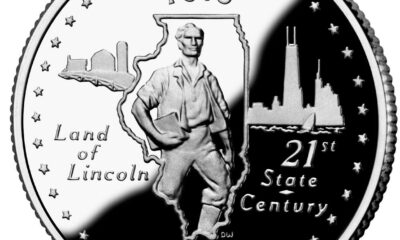
 Guest Columns5 days ago
Guest Columns5 days agoWaste of the Day: Thousands of Earmarks in Illinois State Budget
-

 Education4 days ago
Education4 days agoA Solid Core Enlivens Free Speech and Viewpoint Diversity
-

 Executive3 days ago
Executive3 days agoWaste of the Day: Utah University Trustees Don’t Know Their Job
-
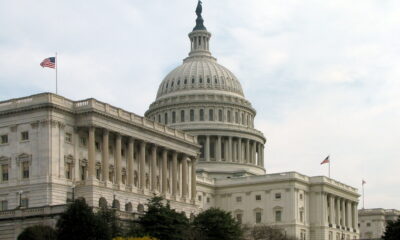
 Civilization4 days ago
Civilization4 days agoEnd the Filibuster – Or Stop Pretending To Govern
-

 Executive4 days ago
Executive4 days agoWaste of the Day: $8 Water Filter Costs the Government $156
-
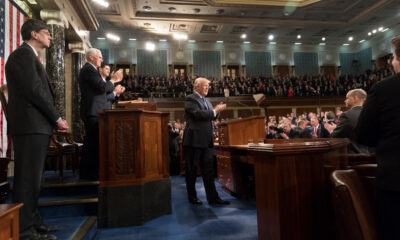
 Civilization2 days ago
Civilization2 days agoTrump’s Longest Speech, His Shortest Margin for Error




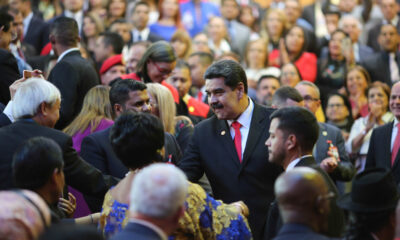









Man, you can write good.
The article came from my contributor.
Beautiful Statement~Beautiful Portrait~Beautiful Country.
I agree. I’ve traveled there.